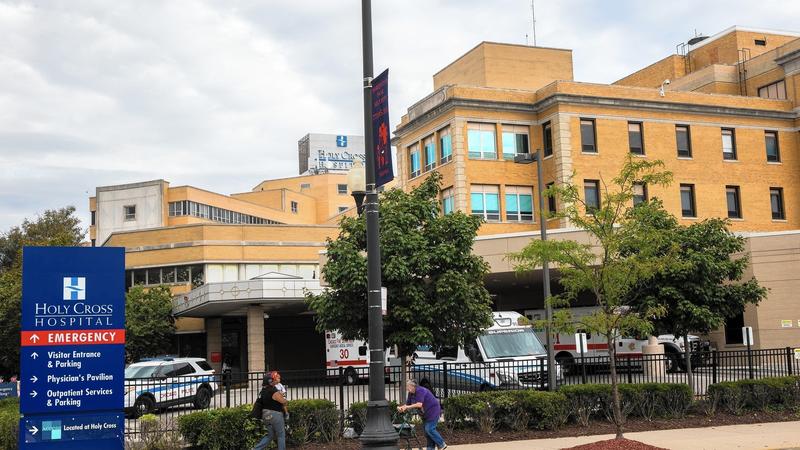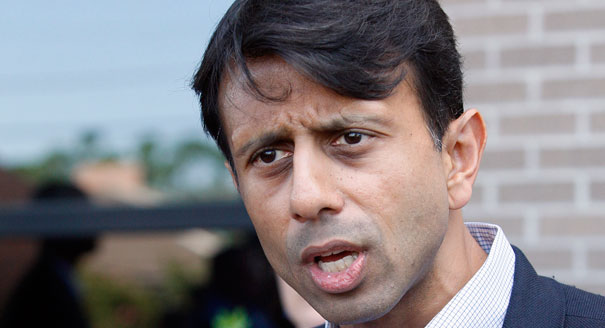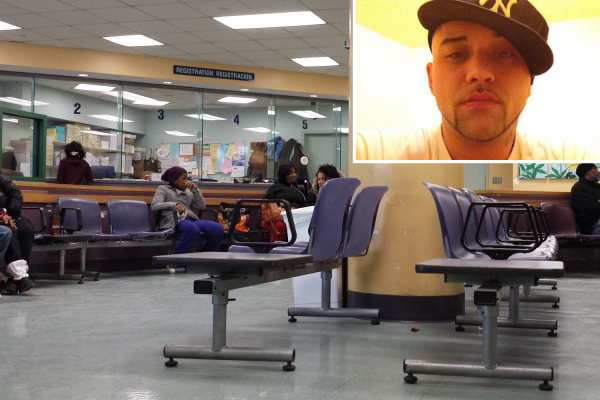Chicago’s south side residents should be elated with this next bit of news. With the many shootings that have been occurring, unfortunately the injured are taken to trauma centers that a great distances away. The likelihood of a shooting victim on the south side dying is often times great because the ambulance has to travel farther to get the victim to a hospital with a trauma unit. Thankfully that’s going to change. Holy Cross Hospital on Chicago”s south side will now be accepting patients with level 1 traumas such as shooting victims, thanks to a $40 million dollar grant to convert the hospital’s emergency room.
Great news for south side communities that has seen so much violence & death.
Read more as reported by the Chicago Tribune:
After years of protests by community activists demanding access to urgent medical care, University of Chicago Medicine and Sinai Health System on Thursday announced a $40 million joint project to open an adult trauma center for the South Side.
The plan would convert the emergency room at Holy Cross Hospital into a Level 1 trauma center — meaning some of the most violence-plagued neighborhoods in the city, including Englewood, Washington Park and Greater Grand Crossing, will be within five miles of high-quality care, a crucial distance in saving lives, studies show.
The South Side has been without adult trauma care since the now-defunct Michael Reese Hospital in Bronzeville closed its center in 1991, forcing residents of communities that experience a disproportionate amount of gun violence to travel as far as 10 miles by ambulance to be treated.
The announcement is expected to ease tensions between University of Chicago and members of the South Side community who have tried for more than five years to pressure the university to establish a trauma center on its Hyde Park campus. The protests reached a national audience over the last two years as the university successfully led a bid to bring the Barack Obama Presidential Center to the South Side.
Sinai Health System, which in 2013 acquired Holy Cross, located at 68th Street and California Avenue in Marquette Park, has run a trauma center at Mount Sinai Hospital on the West Side for more than 25 years. It will provide most of the medical personnel, including emergency care physicians, anesthesiologists, nursing staff and trauma care support services.
U. of C. Medicine will pay for the facility expansion and renovation through its general capital fund, according to Sharon O’Keefe, president of the university medical center. U. of C. Medicine also will provide trauma care specialists such as neurologists, orthopedic doctors, as well as plastic surgeons, urologists and others.
“We’re increasing access to our emergency services by expanding and building a new state-of-the-art trauma center,” said Karen Teitelbaum, president and CEO of Sinai Health System, which operates seven medical facilities in Chicago. “We feel this is a wonderful model of how two organizations are coming together to leverage our collective experience and resources to provide services to communities that are currently underserved.”
U. of C. Medicine on Thursday also announced a concurrent plan to build a $35 million emergency room on its Hyde Park campus adjacent to the acute care center that opened two years ago. It is the latest in a number of expansion projects the hospital has undertaken over the last decade.
The hospital, which closed its adult trauma center in 1988, has maintained the expense of operating an adult trauma center should not fall on it alone, but rather be a regional effort.
“I would not say that this is causal, but it’s a wonderful example of the University of Chicago Medicine, jointly in partnership with Sinai, responding to the needs of the community,” O’Keefe said. “Around the issue of trauma and violence, we believe collaboration and shared responsibility are absolutely critical in addressing the overarching needs of the community. No one institution can do all of that.”
South Side leaders expressed cautious optimism about the project, saying while it addresses the larger issue of a lack of trauma care for accident victims and victims of violence, many other medical needs still need to be addressed in the community.
The Rev. Julian DeShazier, who has been an outspoken critic of U. of C.’s lack of a trauma center, said the decision to build a new trauma center is an “affirming statement” for the South Side.
“Whether you need to use it or not, the mere fact that it exists there in your community is a sign that your community is like any other taken seriously in the city of Chicago, and that your people are taken as seriously as anyone else. If you need trauma care now, it’s close to you,” DeShazier said. “It closes more than the gap between access to trauma care. It also closes this apparent notion that the city doesn’t care about us or that the university doesn’t care about us. It’s a humanizing kind of thing to be able to have what you know folks on the North Side have.”
The Rev. Janette Wilson, senior adviser for the Rainbow/PUSH Coalition, said collaboration such as this is a “great step forward” on the South Side, where residents have seen so much violence.
“I think we ought to celebrate progress. I think that all of the hospitals, given the fiscal realities and the costs of providing trauma care, this is a solution that will help to address the problem,” Wilson said.
Holy Cross will be one of four adult trauma centers in the city of Chicago, including Stroger Hospital and Mount Sinai on the West Side, Northwestern Memorial Hospital on the Near North Side and Advocate Illinois Masonic Medical Center on the North Side.
Other Level 1 adult trauma centers in Cook County are in the suburbs of Oak Lawn, Maywood, Park Ridge and Evanston.
Seriously injured South Side residents are often taken as far away as Northwestern or Oak Lawn. A study published in 2013 found that people shot more than 5 miles from a trauma center — areas called “trauma deserts” — were 23 percent more likely to die.
“Holy Cross is located near some of the areas of the South Side with the highest levels of violence and injury in the city,” according to Dr. Doug Dirschl, chairman of the Department of Orthopedic Surgery and Rehabilitation Medicine at U. of C. Medicine. “When you couple this with our expanded emergency room and the new (Burn and Complex Wound Center), the community gains tremendously.”
In December, U. of C. Medicine announced it would raise the age limit to 17 for its pediatric trauma center. Officials said that request, which is pending before the state health department, will likely be replaced by the Holy Cross proposal. Comer Children’s Hospital would continue to treat victims only up to age 15.
The emergency room at U. of C. Medicine will be moved into a new facility on Cottage Grove Avenue, which will be connected via an underground tunnel to the Center for Care and Discovery, which houses operating rooms and intensive care units, officials said. The partnership also will include a residency training program at U. of C. Medical that will rotate resident doctors through the Holy Cross trauma center, they said.
While Sinai Health System and U. of C. Medicine have long shared clinical services as well as wellness and prevention services for patients, the idea to collaborate on a trauma center came as both institutions were mulling possible solutions to fill the void on the South Side, officials said.
“We had long been thinking about adding a trauma center to the Holy Cross campus,” Teitelbaum said. “Because of our long-standing relationship with the U. of C., we picked up the phone and talked to Sharon (O’Keefe) about it, knowing it was an issue she was grappling with as well. Sharon gave us a call back and said, ‘Let’s look at this together.'”
The boards for both institutions have been working out the details for months, they said, and still face regulatory hurdles. Both must submit a certificate of need to the Illinois Health Facilities and Services Review Board, responsible for regulating the establishment of health facilities in the state.
Gary Merlotti, chairman of the Department of Surgery at Mount Sinai Hospital, said the partnership is the best solution to providing critical injury care on the South Side.
“Trauma care is the ultimate team game,” said Merlotti, an architect of the Chicago Trauma Network in the mid-1980s. “This will be a state-of-the-art facility built with the sole issue in mind to take care of trauma patients. This will have a great impact on the flow and making sure that things are done expediently to save lives.”
Source: Chicago Tribune













































































































































































































































![[Video] Chicago Police Officers Caught On Video Telling Two Black Men "We Kill Mother F**kers"](https://earhustle411.com/wp-content/uploads/2018/07/evil-cop-3-300x180.jpg)
![[Video] Chicago Police Officers Caught On Video Telling Two Black Men "We Kill Mother F**kers"](https://earhustle411.com/wp-content/uploads/2018/07/evil-cop-3-80x80.jpg)












![[Video] White Woman Calls The Cops On Black Real Estate Investor, Cops Threaten To Arrest Her For Harassing Him](https://earhustle411.com/wp-content/uploads/2018/05/nosy-neighbor-300x180.png)
![[Video] White Woman Calls The Cops On Black Real Estate Investor, Cops Threaten To Arrest Her For Harassing Him](https://earhustle411.com/wp-content/uploads/2018/05/nosy-neighbor-80x80.png)


![White Scientist Says The Black Community Is Being Targeted By The Medical System, They Are Deliberatly Being Poisoned [Video]](https://earhustle411.com/wp-content/uploads/2016/05/mike-adams-300x180.jpg)
![White Scientist Says The Black Community Is Being Targeted By The Medical System, They Are Deliberatly Being Poisoned [Video]](https://earhustle411.com/wp-content/uploads/2016/05/mike-adams-80x80.jpg)








![Teenage Girl Shot In Her Stomach Three Times But Took Time To Post To Facebook [ Video]](https://earhustle411.com/wp-content/uploads/2016/02/Gangster-chick-300x180.jpg)
![Teenage Girl Shot In Her Stomach Three Times But Took Time To Post To Facebook [ Video]](https://earhustle411.com/wp-content/uploads/2016/02/Gangster-chick-80x80.jpg)







